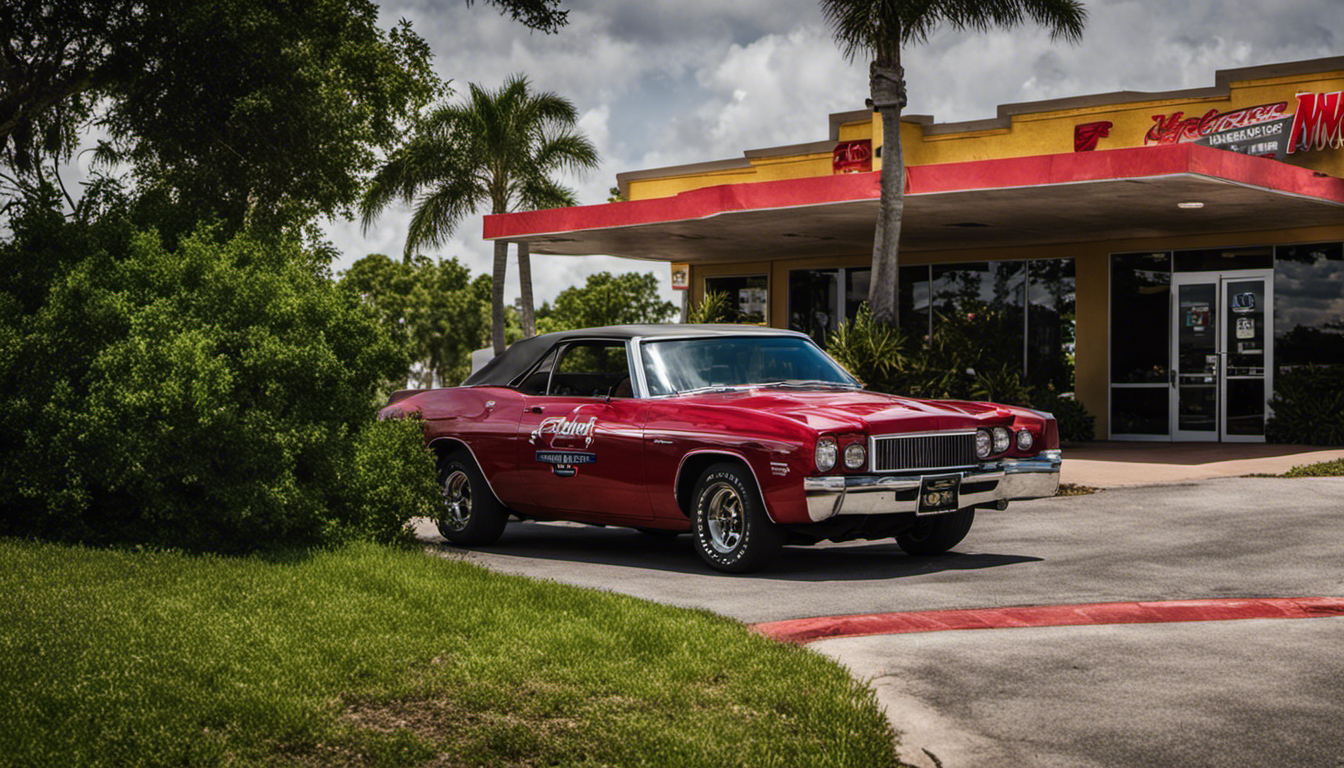Florida Judge Rejects Plan to Open Marijuana Dispensaries at Gas Stations
A Florida administrative law judge has ruled against a medical marijuana company’s request to open dispensaries at gas stations and convenience stores. The company, Green Thumb Industries, had planned to open 10 dispensaries near Circle K stores in various parts of the state.
The Florida Department of Health’s Office of Medical Marijuana Use, which regulates the industry, had rejected the company’s requests, citing safety and security concerns. The office’s director, Christopher Kimball, pointed to the increased risk of crime associated with convenience stores and gas stations, as well as the potential for diversion of marijuana products to minors.
Green Thumb Industries argued that the state’s laws do not prohibit medical marijuana dispensaries from being located near gas stations or convenience stores. However, Judge Joshua Pratt ruled in favor of the health department, finding that the agency had properly considered the individual facts and circumstances surrounding each request.
The judge also noted that the health department had previously approved dispensaries located near other types of businesses, but had not done so in this case due to the specific concerns raised by the proposed locations.
Green Thumb Industries has another case pending at the Division of Administrative Hearings focused on the denial of a proposed dispensary in Ocala, which would be located in a building separate from an adjacent Circle K. The company’s lawyers argue that the state’s laws do not restrict medical marijuana dispensaries from being located near gas stations or convenience stores, and that the health department’s rejection of the proposal was arbitrary and capricious.
The decision is the latest development in the ongoing debate over the regulation of medical marijuana in Florida. The industry has grown rapidly in recent years, with many companies seeking to expand their operations and reach new customers. However, the state’s laws and regulations have also been subject to controversy and litigation, with some arguing that they are too restrictive and others arguing that they are too permissive.












